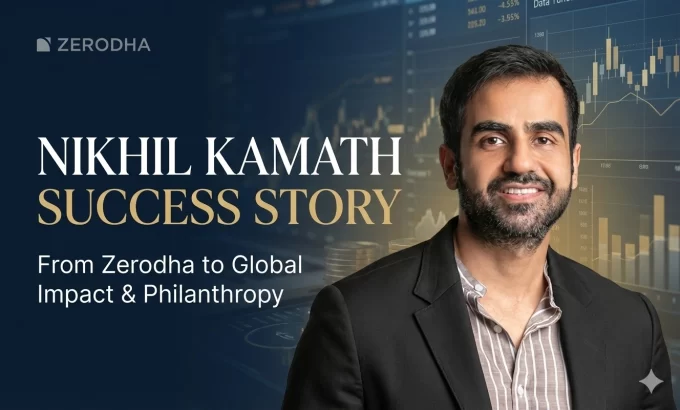In FY24, the startup ecosystem in India witnessed a significant shift as 54 founders from 30 new-age tech companies earned a combined total of INR 291.5 Crores. However, the standout figure wasn’t just the total payout—it was the sharp 25.4% decline in average founder salaries. This decline, from INR 7.3 Crores in FY23 to INR 5.44 Crores in FY24, reflects the continued struggles faced by startups as they adapt to the challenges posed by the funding winter that began in 2022. Let’s break down the key trends and takeaways from this year’s ‘Founder Salaries Tracker report.
The Impact of the Funding Winter on Founder Earnings
The funding winter, which took hold in 2022, has left an indelible mark on the startup world. With venture capital investments drying up, especially for newer or unproven businesses, the salary and compensation structure for founders has been significantly impacted. Traditionally, startup founders often rely on their salaries as a way to ensure financial stability while working toward building their company’s growth. However, as funding sources have become more cautious, the drop in salaries reflects a broader pattern of tightening budgets.
In FY24, the sharp drop in average salaries is indicative of the tightening belt across the startup ecosystem. Venture capitalists are becoming more selective, and startups are forced to scale down their expenditures while they focus on achieving profitability and sustainability. This shift often leads to founders taking home lower pay, as they prioritize investing funds back into their business over their personal income.
Why Are Salaries Dropping? Exploring the Funding Crunch
There are several contributing factors behind the reduction in founder salaries, but one of the most significant is the scarcity of funding. With investors adopting a more cautious approach in recent years, many startups have had to pivot or scale down operations to stay afloat. The influx of capital that previously allowed founders to draw hefty salaries has now slowed down. This leaves many entrepreneurs in a position where they have to cut back on personal compensation in favor of retaining enough capital for business operations.
Another aspect of this trend is the focus on operational efficiency. In previous years, rapid scaling and high burn rates were more common, but today, the emphasis is on sustainable growth. Investors now look at how founders are managing their businesses and keeping expenses in check. As a result, many startup founders are accepting lower salaries to conserve funds for scaling, product development, and team expansion.
The Silver Lining: Navigating Tough Times
While the overall reduction in salaries may seem alarming, there are silver linings for founders navigating the current environment. The funding winter, although difficult, has prompted a shift toward more disciplined growth and a focus on profitability. Founders who successfully navigate this period may emerge with stronger, more resilient companies in the long run.
Additionally, as the startup ecosystem matures, many founders are beginning to adopt alternative ways to remunerate themselves. Equity stakes in their companies, for instance, could prove more valuable in the future as startups position themselves for profitable exits or long-term sustainability. Founder salaries may be lower in the short term, but long-term gains from a thriving business may ultimately outweigh the temporary compensation cuts.
Looking Ahead: The Future of Founder Salaries
Looking ahead, the trajectory of founder salaries will depend on how quickly the funding environment stabilizes. While the funding winter has certainly affected salaries, it also prompted a necessary reevaluation of business fundamentals. As startups continue to prioritize profitability and sustainable growth, we may see a rebalancing in compensation structures.
The startup ecosystem in India is resilient, and the lessons learned from navigating these tough times will help entrepreneurs build stronger companies that are more prepared for future challenges. The focus on efficiency, profitability, and sustainability may not only preserve the integrity of the industry but also ensure that founders emerge from this difficult period with companies that are both stable and successful.










Leave a comment